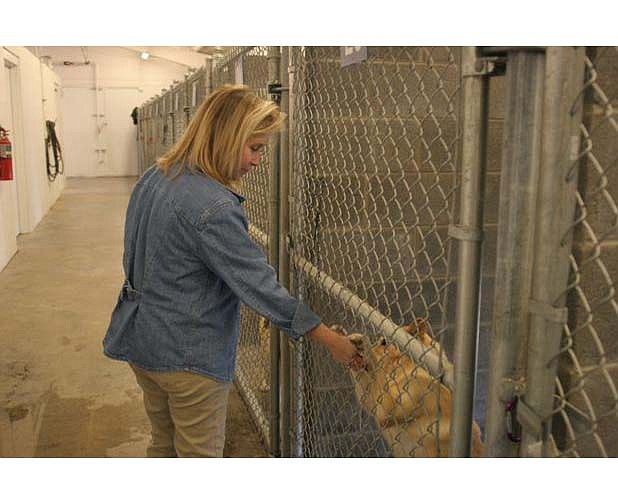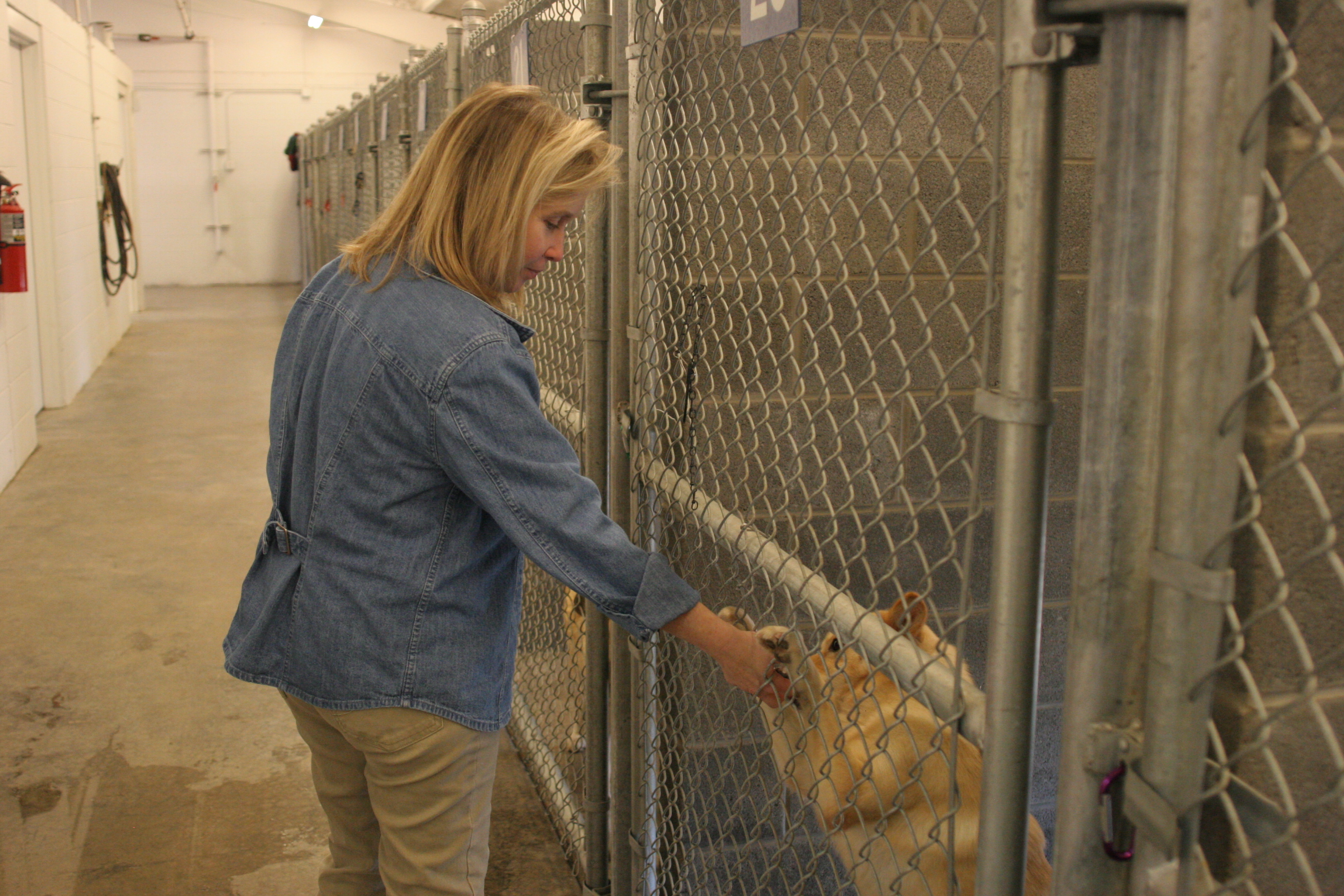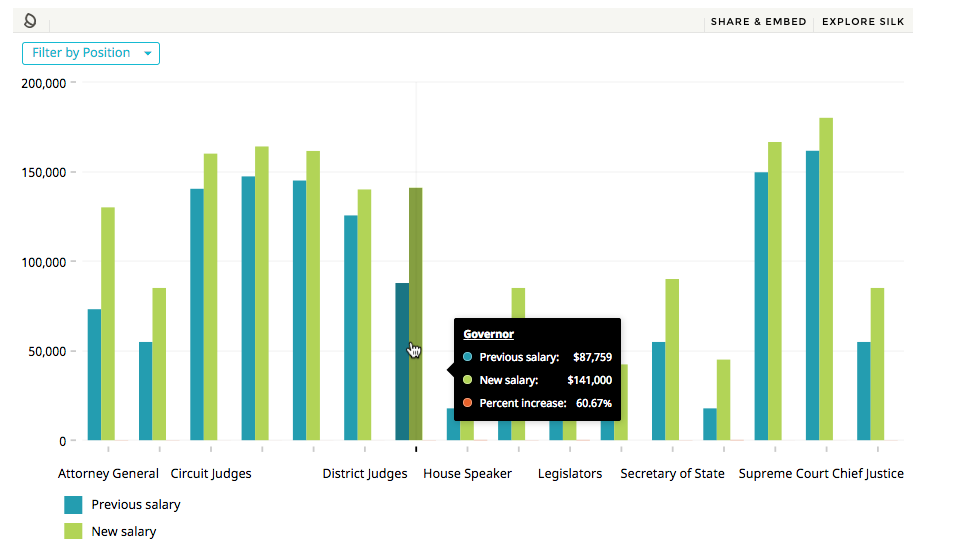An abandoned dog and her five pups spread what a veterinarian identified as parvovirus in the Walker County, Ga., animal shelter, prompting a quarantine that will last until Feb. 6.
The mother, her pups and two other dogs either died from the highly contagious viral disease or were euthanized because of it, shelter manager Alison Smith said.
She said shelter employees are watching the 28 remaining dogs to see if they get sick.
Parvovirus usually affects a dog's digestive system but can affect the heart, too, according to the American Society for Prevention of Cruelty to Animals. Symptoms include vomiting, bloody diarrhea, fever, weakness, septic shock and severe dehydration. Left untreated, parvovirus is fatal about 90 percent of the time.
This is the second time the shelter has had to go into a quarantine of 14 days -- the maximum incubation period for parvovirus. The shelter was closed to the public for two weeks in late June and early July after admitting two healthy-looking dogs that were dead within 48 hours of suspected parvovirus.
"With parvo, they can be healthy -- and two days later be dead," Walker County Coordinator David Ashburn said.
Parvovirus doesn't infect humans. The quarantine is meant to prevent people from taking an infected animal home or from spreading the virus, officials said.
Parvovirus is so contagious that it can be spread by someone petting an infected dog at a shelter and then petting another dog at a separate shelter, said Leighann McCollum, Tennessee state director of the Humane Society of the United States.
"Parvo in shelters -- in the South, especially -- it's just going to happen," McCollum said.
A large percentage of Southerners don't vaccinate their pets, she said.
"If people in the community are not vaccinating their animals," McCollum said, "it's very easy to have an outbreak."
To prevent the spread of parvovirus, shelters should have quarantine areas with ventilation systems separate from the rest of the shelter, McCollum said. Other steps that shelters should take include having bleach trays for employees to step in so they don't track viruses on their shoes. All incoming animals should get a rabies shot, she said, along with a five-way vaccine that includes distemper, parvovirus and hepatitis.
Walker County has shoe disinfecting stations but can't afford some of those other features, Smith said.
"We don't vaccinate every dog that comes in," she said. "We don't have a budget that would support that."
She said shelter employees try to segregate animals when they can. But the shelter doesn't have a separate quarantine space.
"It's my dream," Smith said, to have a building for animal intake.
But the county doesn't have the money, she said.
"It's going to take a donation or winning the lottery or some windfall," Smith said.
The shelter at 5488 N. Marbletop Road opened six-and-a-half years ago and is a vast improvement over the previous shelter, Smith said. For example, each dog has its own run now.
"We do the best we can with what we have," said Smith, who praised the current county administration as being the most concerned about animal welfare in decades.


